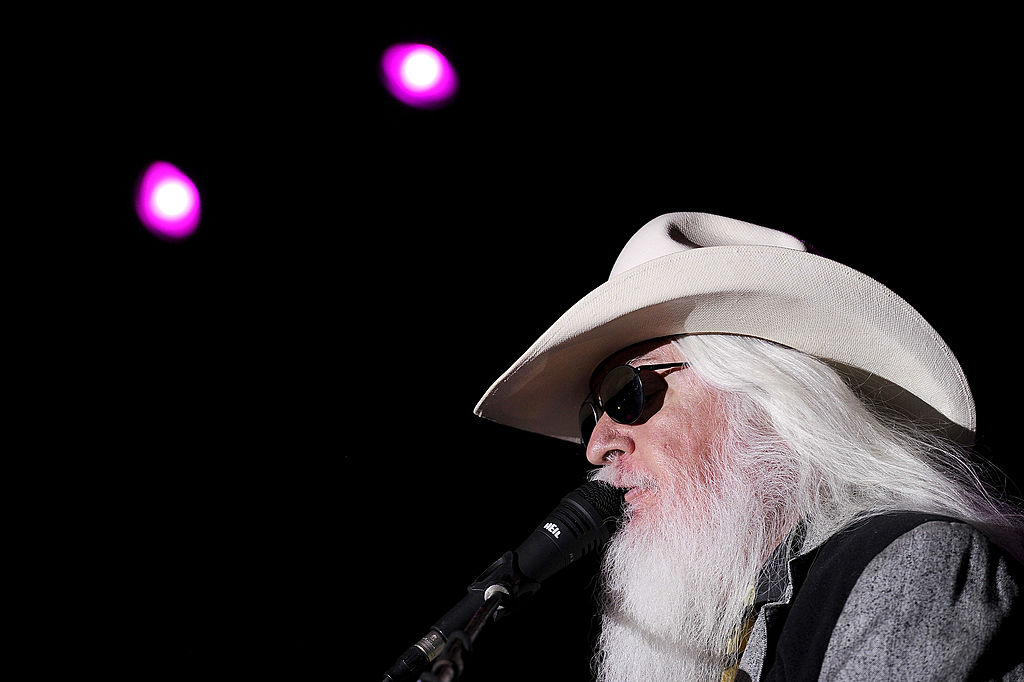Today, alt-rock progenitors the Pixies returned with a new single: a slight, silly piece of poppy slop-rock with a nonsense title and unintelligible chorus; decently enjoyable and imminently forgettable. If that sentence gives you a dizzying case of déjà vu, it probably should — today, I’m writing it about “Um Chagga Lagga,” the lead single off of the group’s forthcoming Head Carrier album, but in 2004, I could’ve written it verbatim about “Bam Thwok,” the band’s first new song since their initial breakup in 1993. Change about a word and a half and I could’ve also written it about 2013’s “Bagboy,” the first song to be released from an eventual troika of self-titled EPs, ultimately collected into 2014’s underwhelming Indie Cindy LP. This group knows how to make a resounding comeback from an extended layover about as well as Macaulay Culkin.
It’s hard to still get all that bothered by the 120 Minutes legends’ continued failure to match (or even make a convincing reach toward) their previous heights, because it’s abundantly clear how little interest they have in doing so. In the quarter-century since 1991’s presumed swansong Trompe Le Monde, not a single thing the Pixies have done has raised above the ambition level of dusting off cobwebs. Just about every song of theirs from the past 13 years sounds like it’s the first thing the band have played through together after a decade of rested vocal cords and lost callouses. None of it is bad, some of it is even vaguely “good,” but it’s all unnervingly low-stakes, and totally disconnected from the band’s legacy. There’s none of the sensuality of “Gigantic,” the brutality of “Tame,” the grandeur of “Velouria,” even the absurdism of “Space (I Believe in).” They’re just demos and song sketches for what you’d hope would eventually become true Pixies songs.
Of course, they’re not exactly the same band as they were in the H.W. Bush years. Their leader has gone from Black Francis to Frank Black — cult hero behind a dozen or two increasingly insular solo albums (with and without expendable backing group the Catholics) — and back again, sounding like a Multiplicity-style copy-of-a-copy-of-himself these days. More importantly, bassist Kim Deal — as essential to the group’s sound, style, and identity as Flea is to the Red Hot Chili Peppers’ — was expunged, replaced first by Muffs frontwoman Kim Shattuck and now by A Perfect Circle sidewoman Paz Lenchantin, neither of whom has yet to provide the balance of earthiness, humor, and pop warmth that Deal offered the group. Joey Santiago’s spiky guitar riffs appear to have been sanded down by the passing decades. Drummer David Lovering still sounds jazzed to be here, but there’s only so much he can do.
Then again, even with all of this in mind, it’s important to remember: The Pixies were never self-conscious about their own importance or greatness. They gave their albums tangential titles and confusing track orders. They covered video-game themes and featured mid-album skits sillier (and earlier!) than De La Soul. They filmed several of the dumbest music videos of all-time. The band’s formation was humble (Deal was famously introduced through a newspaper ad hoping for a bassist who was into Hüsker Dü and Peter, Paul and Mary) and its branding was random (“Pixies” was blindly selected from the dictionary by Santiago). Their first disassembling was conducted via fax. That the career in between encompassed four-and-a-half classic indie-rock albums, a supporting tour for U2, and a bug planted in the ear of the guy who’d go on to define a musical generation all seemed relatively incidental.
As they have no trouble reminding us, the Pixies don’t owe anyone anything. Unlike the similarly uninspired Stone Roses, the group’s commercial under-appreciation in their home country was criminal, and if they want to spend the rest of their career on victory-lap tours and tossed-off-when-we-feel-like-it EPs and LPs now that the rest of the world’s caught up, that’s fine. This was never a band to start palling around with pop stars and megalomaniacal producers, to hole up for half a decade and emerge with a three-disc magnum opus, or to invest decades of pent-up bitterness into a confessional, Rumours-like song cycle. This was always a band that was going to beat their own aging fans to the punch of not really giving a f**k. And if we don’t feel like investing that much in them any more either, that’s okay too — they probably won’t say anything in their defense besides wakka wakka, bam thwok, um chagga lagga anyway.





